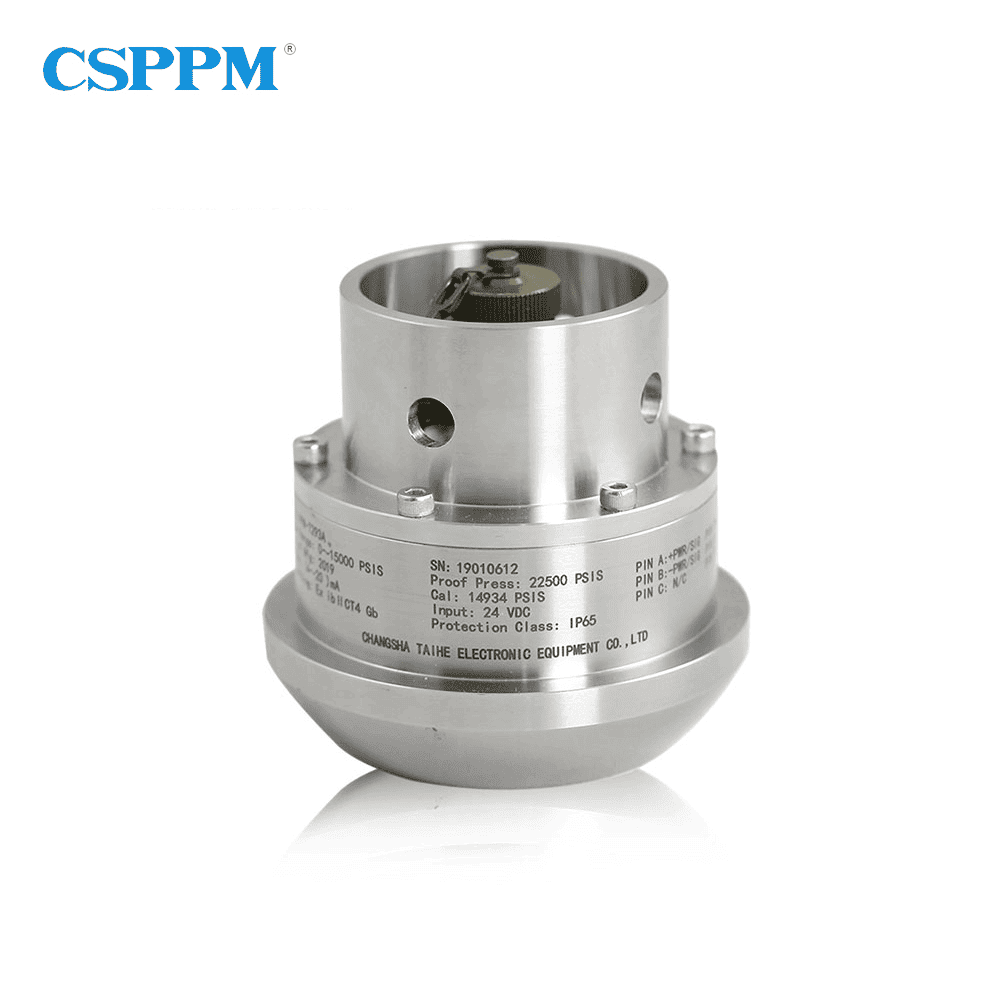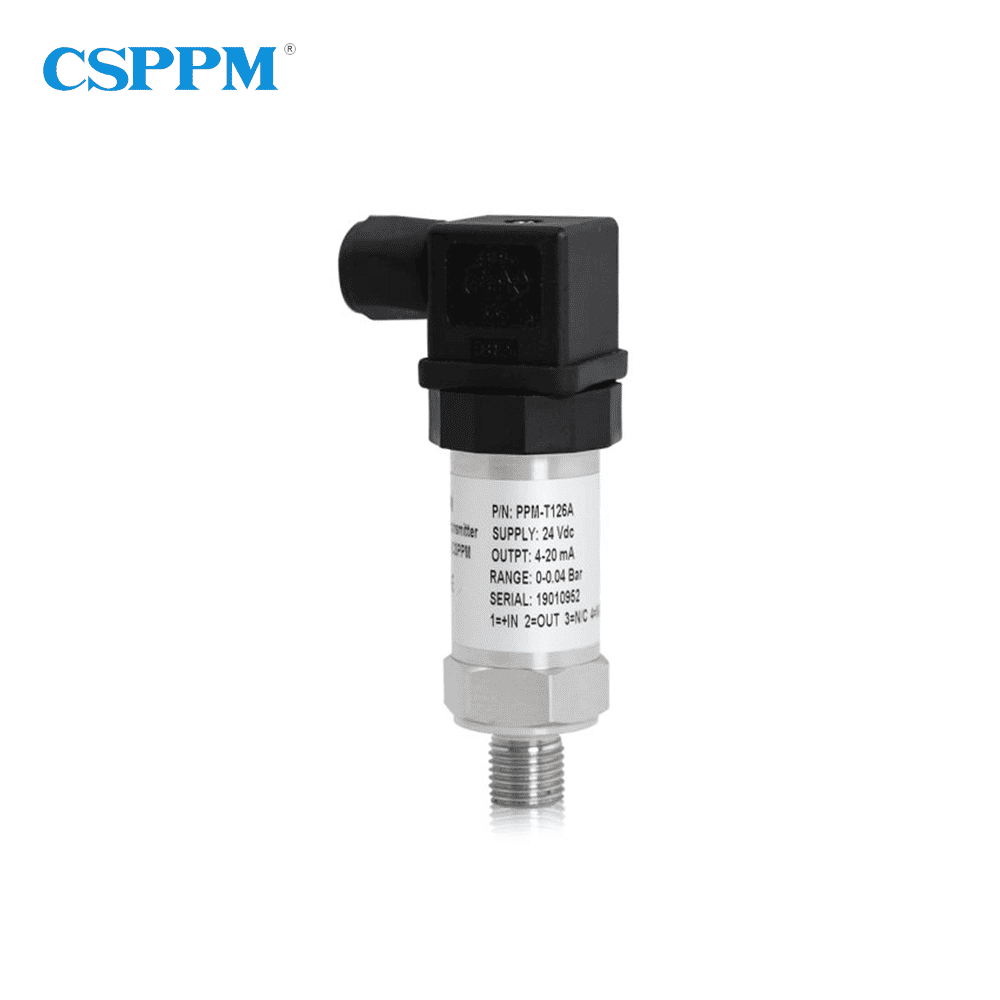Introduction: Identifying the Pain Points
Imagine a manufacturing plant where production comes to a halt due to inaccurate pressure readings in critical processes—frustrating, right? Recent studies show that equipment failures linked to pressure inconsistencies can lead to substantial financial losses. In this landscape, the role of the industrial pressure sensor becomes indispensable, primarily because businesses rely on them for safety, efficiency, and accuracy. An industrial pressure sensor is crucial for monitoring processes and preventing failures that could threaten operational continuity.

Traditional Solution Flaws
In traditional environments, pressure monitoring often depends on outdated technologies, leading to inaccuracies. These sensors can suffer from calibration drift and wear over time—essentially, they become less reliable as they age. Why do failures always occur during critical operations? A part of the problem lies in these legacy systems, which can produce misleading readings, ultimately putting both worker safety and production at risk.
New Technology Principles
New advancements, like digital pressure sensors, leverage microelectromechanical systems (MEMS) technology. These devices provide enhanced measurement accuracy and stability while minimizing drift over time. Look, it’s simpler than you think—by using advanced algorithms, these sensors can self-calibrate in real time, greatly improving dependability. This technology also facilitates integration with IoT systems, making data collection and analysis effortless.

Quantified User Benefits
The benefits of upgraded industrial pressure sensors speak volumes. Users can expect up to a 30% increase in measurement reliability and a 20% reduction in unplanned downtime. In terms of cost-effectiveness, organizations can save thousands annually by preventing equipment failures. Ultimately, it’s about working smarter, not harder, and ensuring processes run smoothly without unnecessary interruptions.
Conclusion: Call-to-Action for Smart Choices
When it comes to selecting an industrial pressure sensor, always verify these 3 metrics: ① Measurement Accuracy ② Reliability ③ Compatibility with existing systems. Keeping these criteria in mind will help you make informed decisions that contribute to operational excellence.
Pressure Sensor China
In the realm of industrial sensing solutions, pressure sensor China stands out as a topic of growing interest. With China’s advanced manufacturing capabilities, organizations can source high-quality industrial pressure sensors that adhere to international standards. The demand for these sensors is rapidly increasing due to their reliability and performance in diverse applications. Companies can leverage local manufacturing expertise to ensure timely delivery and lower costs while maintaining exceptional quality. As the global market for manufacturing expands, Chinese manufacturers continue to innovate and set benchmarks in industrial sensor technology.
Water Pressure Sensor
The importance of a water pressure sensor cannot be overstated, particularly in applications ranging from agricultural irrigation to municipal water supply systems. These sensors play a crucial role in ensuring that water systems operate efficiently, thus preventing waste and ensuring safe delivery. They enable precise monitoring of water pressure levels, which is vital for maintaining infrastructure integrity. Moreover, advancements in sensor technology have led to improved accuracy, making water pressure sensors a valuable asset. With real-time data insights, operators can swiftly address potential leaks or failures, ensuring consistent service delivery and resource conservation.
In summary, understanding the capabilities and advancements of industrial pressure sensors is vital for any organization looking to improve operational efficiency and reliability. The exceptional benefits and specifications provided by manufacturers like CSSPM Sensor highlight the supply advantages that come from choosing the right technology partners. With the importance of accuracy and reliability in industrial settings, selecting a trusted manufacturer can make all the difference. Remember to evaluate solutions based on defined metrics to ensure you are choosing the best fit for your operational needs.

